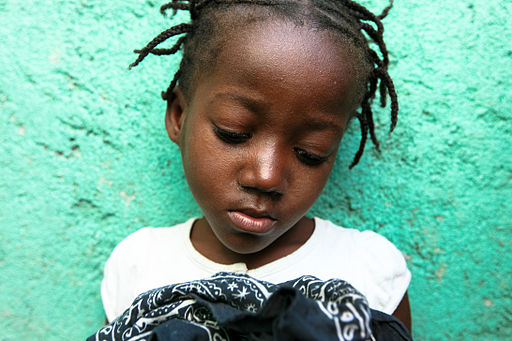Throughout my experience contributing to the Guantánamo Public Memory Project, I often found myself considering the contradictions of attempting to capture memories regarding a time and a place that many people who experienced it firsthand do not wish to remember. In discussing the guiding principles of the Guantánamo Public Memory Project, the project website asks…
Read moreGuantánamo Public Memory Project
University of Minnesota Digital Projects
National Dialogue and Traveling Exhibit
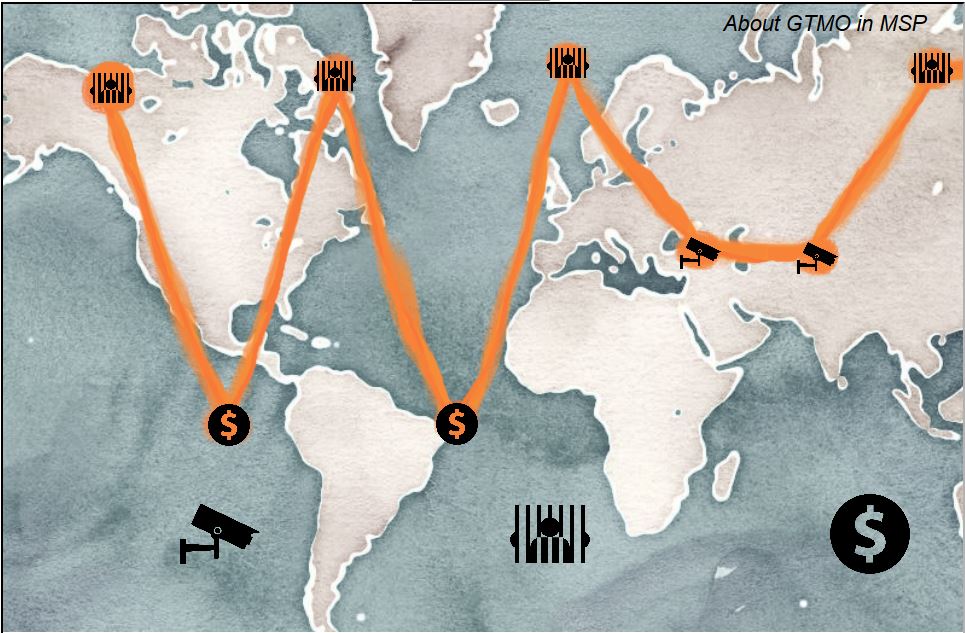
Why and how is the U.S. Naval Station at Guantánamo, both historically and at present, relevant to Minnesota audiences? In fall 2013, in anticipation of the opening of the GPMP exhibition at the Minnesota History Center, an interdisciplinary group of graduate students at the University of Minnesota created interactive digital public history projects that explore…
Read moreThis Week in Guantánamo: 2014 and 1992
This Week in Guantánamo: Present and Past
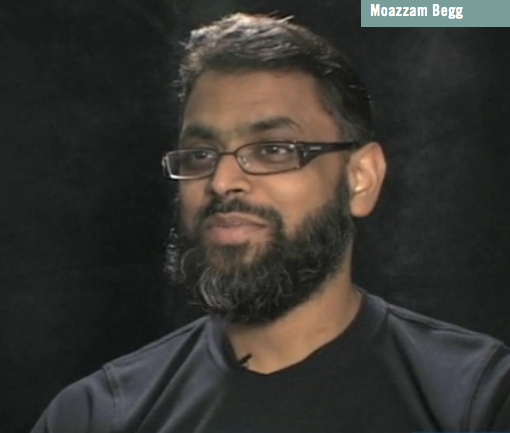
March 1, 2014: Former GTMO detainee Moazzam Begg was remanded in custody in the U.K., after being arrested on suspicion of providing terrorism training and funding in Syria. Begg spent three years at GTMO, and was released in 2005. Feb 28, 1992: The U.S. House of Representatives passed a bill to prevent the forced return…
Read moreObtaining Refugee Voices: In Whose Interest Does the GPMP Act?
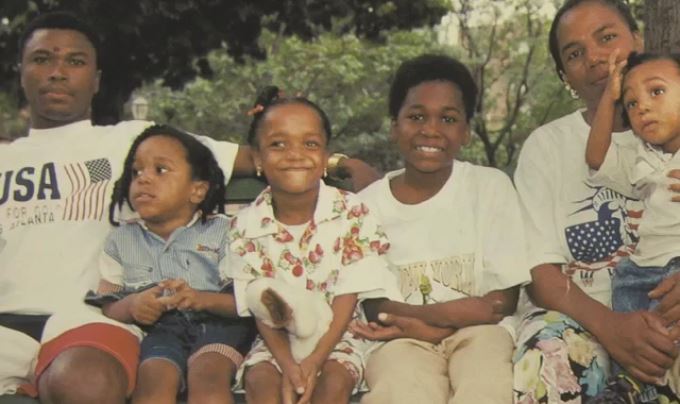
While researching for and carrying out this project, one of the major ethical concerns I encountered was the issue of speaking for another person or group. Although one of the Guantánamo Public Memory Project’s main goals is to allow people to relate their own memories of Guantánamo, I found that such personal memories are incredibly difficult…
Read moreThis Week in Guantánamo: 2014 and 2002
This Week in Guantánamo: Present and Past
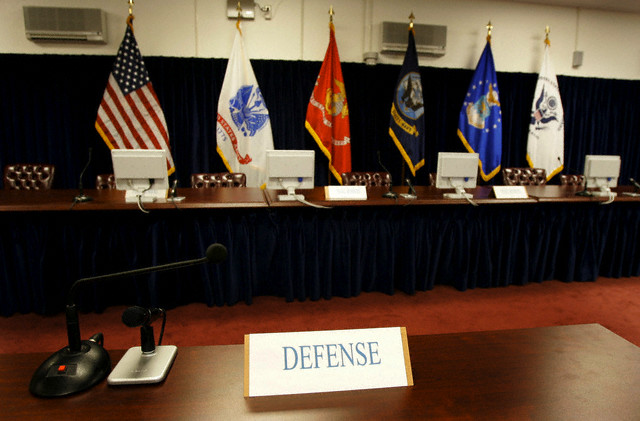
February 19, 2002: The Center for Constitutional Rights filed two habeas corpus petitions in the District Court for the District of Columbia. The center filed the petition on behalf of four detainees that had recently arrived at GTMO – Shafiq Rasul and Asif Iqbal (both British), and David Hicks and Mamdouh Habib (both Australian). February…
Read moreArt & GTMO: Manufacturing Visuals to Represent the Invisible
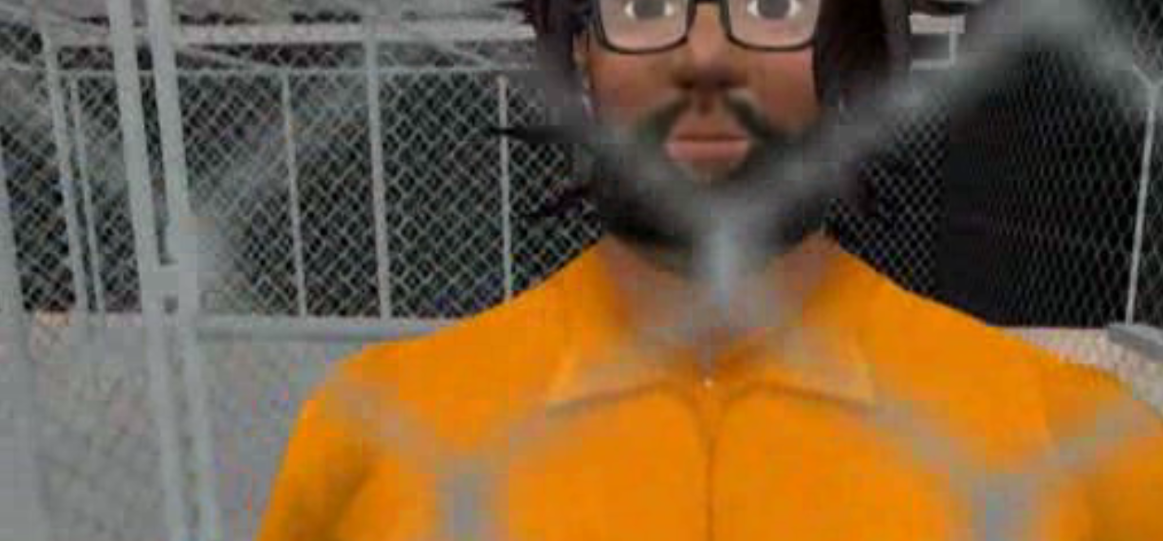
Last year, John Filostat, spokesman for Joint Task Force Guantánamo, announced that the military would stop informing the public about GTMO detainees who go on hunger strike. “The release of this information serves no operational purpose and detracts from the more important issues,” Filostat explained. The decision to stop disclosing this information, formerly used as…
Read moreGuantanamo: A Lieux de Memoire
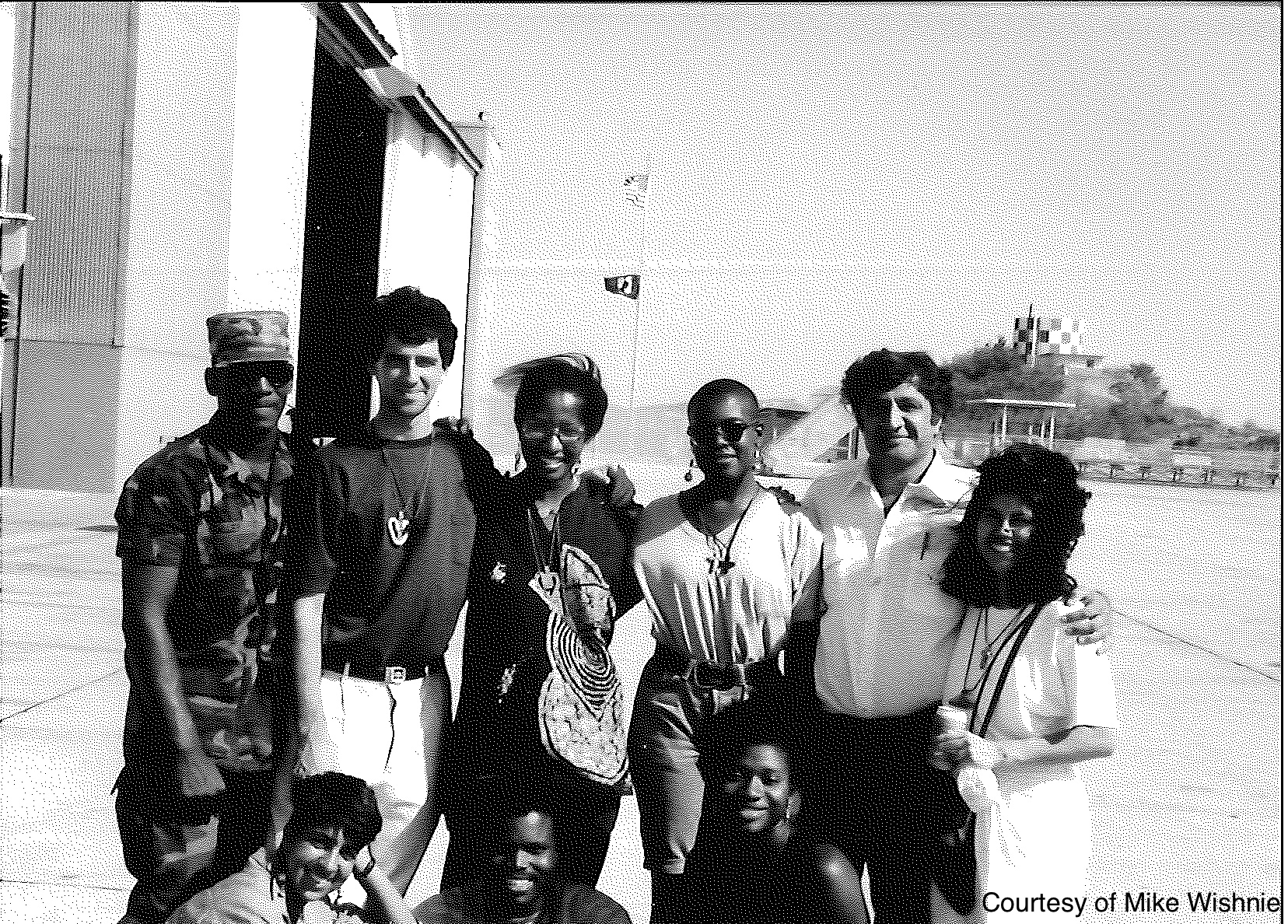
How can we trust memory? As historians, we strive to be objective as possible. We gather evidence, often basing our arguments on documents that we find in archives. Yet, we have to be able to trust our sources. Oral histories and people’s memories are hardly perfect. Who can remember what exactly happened five or ten…
Read moreWho Are the History Makers?
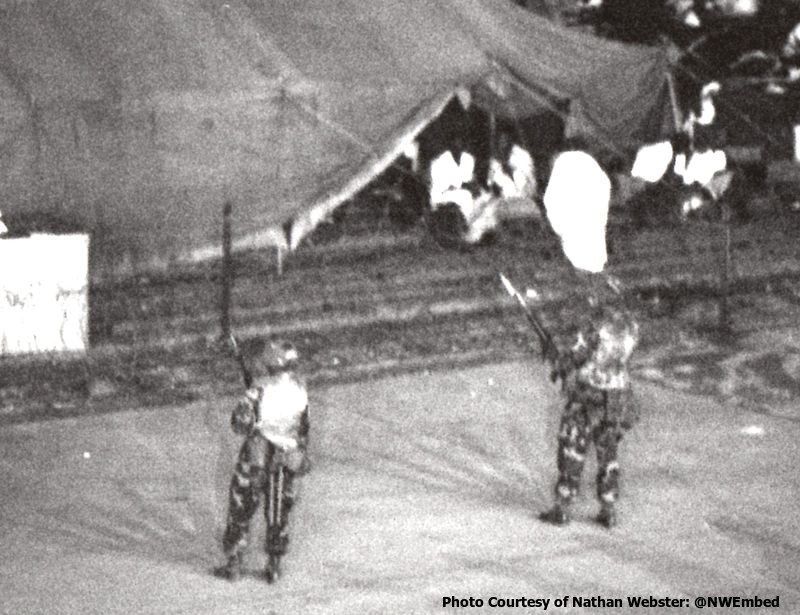
Growing up in the 90’s, I remember hearing my parents talk about the Gulf War, the Rwandan Genocide, and the Oklahoma City bombings, but I do not recall them ever discussing the heartbreaking situation of the thousands of Haitian asylum seekers detained at Guantánamo Bay. This is not their fault; most of America had no…
Read moreJudging Camp Bulkeley: Quarantine or Detention?
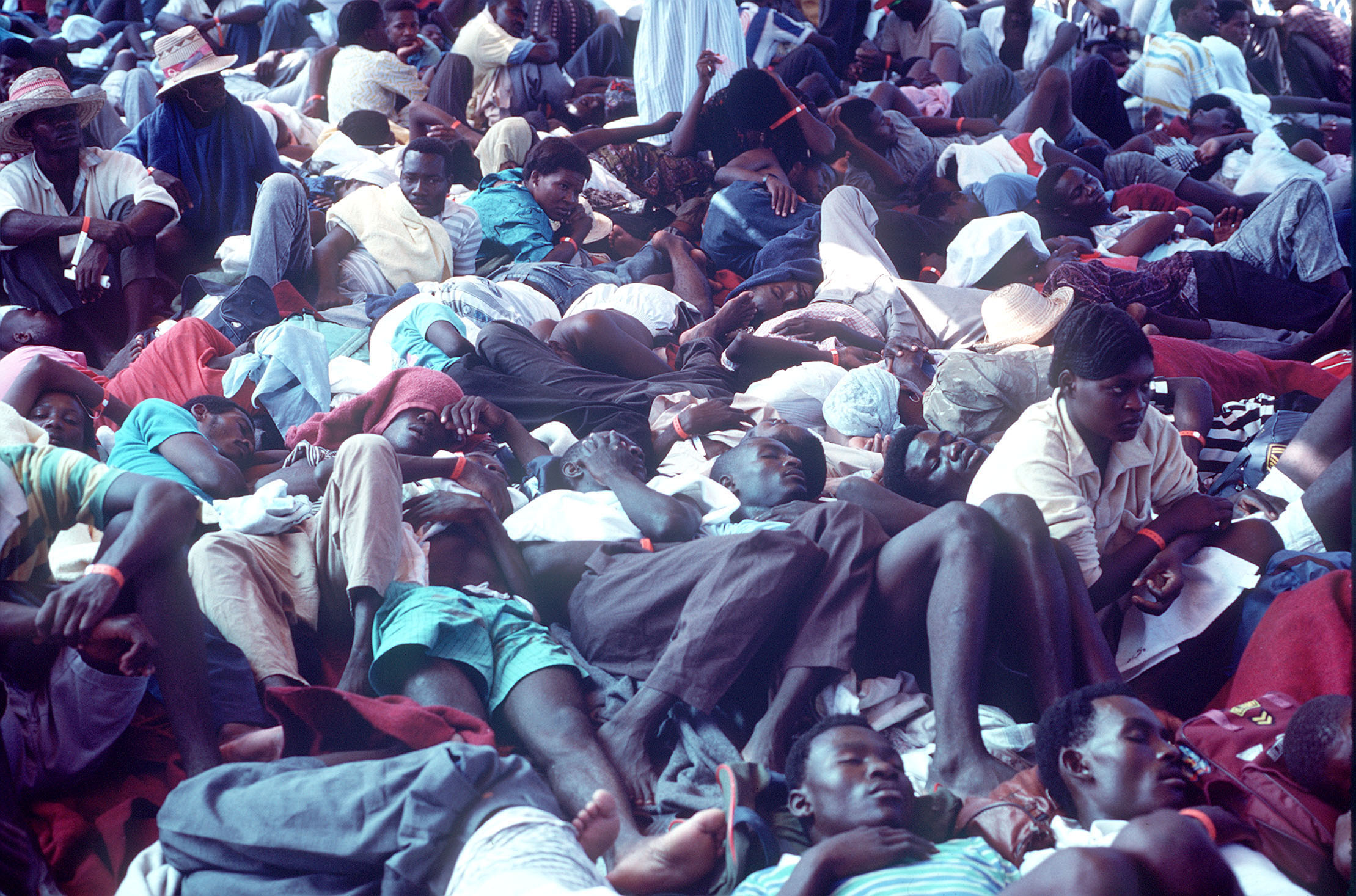
I am not a hypochondriac, but during the SARS outbreak of 2002, I seriously contemplated wearing a mask. How else could I protect myself from the airborne disease that killed nearly a thousand people in a year-long span? Ten years earlier, a similar hypochondriac tendency had plagued the United States. The disease, AIDS; the pathogen,…
Read moreMy Haiti: A Blog Reflection of Working on GPMP
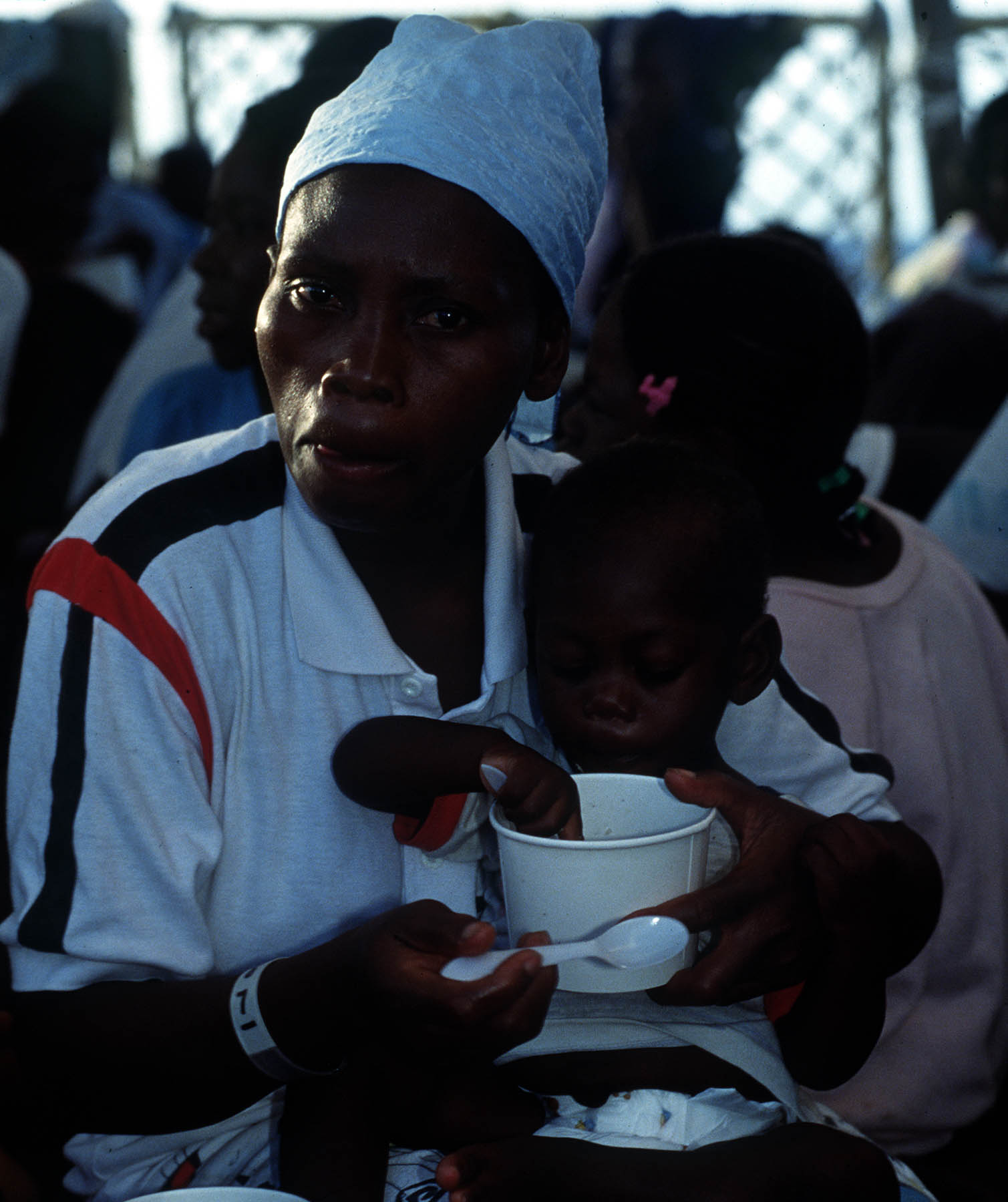
Working on Guantánamo Public Memory Project has opened my eyes to the ways we form biases, often without realizing it. Before GPMP, there existed My Haiti. My knowledge of Haiti was murky throughout school. I was aware of its existence but had no knowledge of its politics or people. My Haiti was the Haiti of…
Read moreCreative: Picture Projects & Tronvig Group

